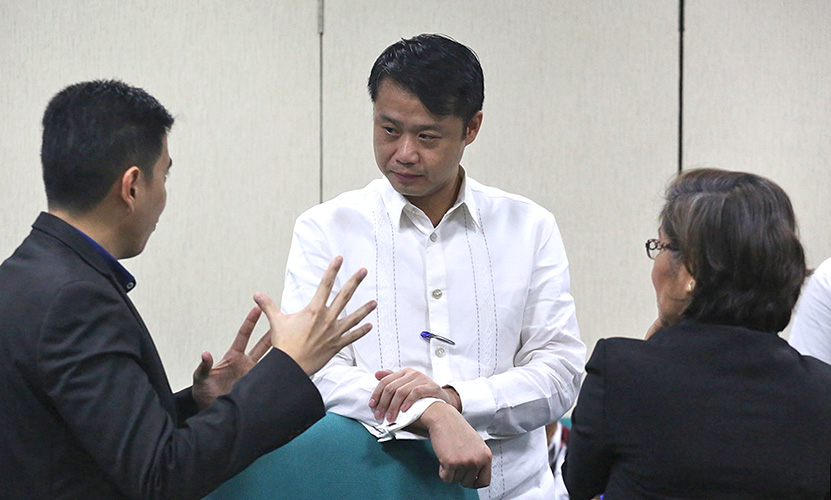
Gatchalian, who had earlier filed a Senate bill seeking to implement an across-the-board increase in SSS pensions by PHP 2000 per month, also commended President Duterte for approving the increase despite previously indicating that he would not support any increase.
“While I commend President Duterte for coming to a compromise on this issue, it is also critical that we do not let the management of SSS take the easy way out by simply increasing contribution levels. The SSS needs to put its house in order to make sure that it does not waste contributors’ money,” said Gatchalian.
Gatchalian pointed out that the 24.3% expenses-to-income ratio of SSS was far larger than that of comparable social insurance institutions within ASEAN, including the local Government Service Insurance System (10.1%), Malaysia’s Employees’ Provident Fund (3.21%), and Singapore’s Central Provident Fund (2.51%).
“SSS is not meeting the high standard of financial management and operational efficiency set by similar institutions within the region. It even earns less than half of the annual income of GSIS despite spending more money. Simply put, SSS is being left behind by its peers,” said Gatchalian.
Gatchalian estimates that SSS could generate an additional PHP 6 to 9 billion per year in savings and revenue by reducing operating expenses and minimizing collection leakages.
For example, Gatchalian urged SSS to correct its over-exposure to short and medium-term member loans, which according to the 2015 COA Audit Report amounted to 15.3 percent of its reserves, well above the 10 percent cap imposed by the SSS Law.
In the same audit report, COA assessed the value of delinquent member loans to be PHP 41.9 billion, PHP 22.4 billion of which had been delinquent for five or more years.
“As it stands, the management of SSS has failed to provide the kind of results its pensioners deserve. They had better shape up, or else we will need to look for more capable leaders to replace them,” said Gatchalian.


